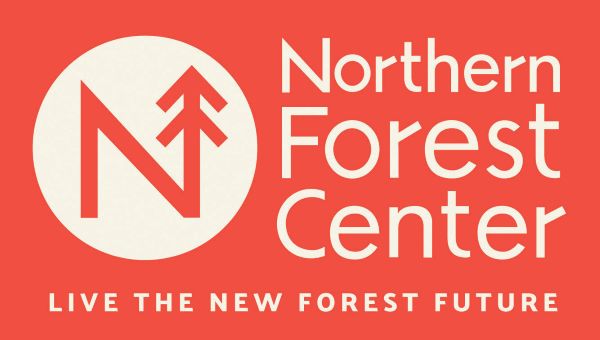I thought that others here might be interested in attending.
-Andy
Date & Time
Jan 17, 2024 12:00 PM in Eastern Time (US and Canada)
Description
Join the Northern Forest Center and Alliance for Green Heat on January 17 from 12:00-1:30 PM for a discussion on carbon emissions and modern wood heat systems. We will be joined by researchers studying this question and will dive into what several life cycle assessments tell us about the climate impacts of modern wood heat, from the forest to the flame. Panelists include:- Dr. Alexandra Kosiba, Extension Assistant Professor of Forestry, University of Vermont- Dr. Robert Malmsheimer, Distinguished Teaching Professor of Forest Policy and Law, SUNY College of Environmental Science and Forestry- Dr. Thomas Buchholz, Senior Scientist, Spatial Informatics Group
Register here: https://us02web.zoom.us/webinar/register/WN_Zf7WiK-HRrafIUvLF-zxnA#/registration

-Andy
Date & Time
Jan 17, 2024 12:00 PM in Eastern Time (US and Canada)
Description
Join the Northern Forest Center and Alliance for Green Heat on January 17 from 12:00-1:30 PM for a discussion on carbon emissions and modern wood heat systems. We will be joined by researchers studying this question and will dive into what several life cycle assessments tell us about the climate impacts of modern wood heat, from the forest to the flame. Panelists include:- Dr. Alexandra Kosiba, Extension Assistant Professor of Forestry, University of Vermont- Dr. Robert Malmsheimer, Distinguished Teaching Professor of Forest Policy and Law, SUNY College of Environmental Science and Forestry- Dr. Thomas Buchholz, Senior Scientist, Spatial Informatics Group
Register here: https://us02web.zoom.us/webinar/register/WN_Zf7WiK-HRrafIUvLF-zxnA#/registration


